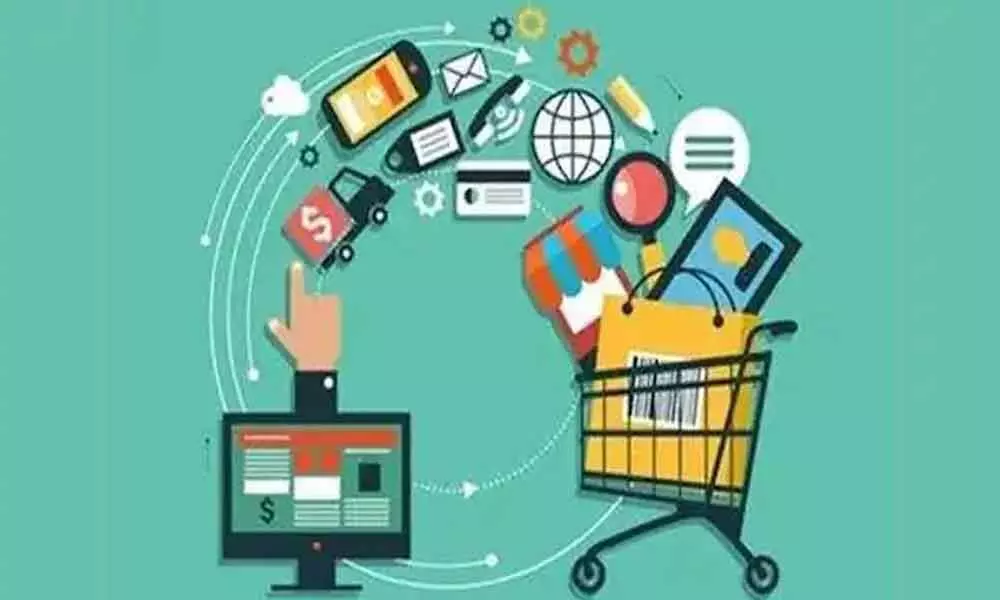Stop e-commerce from selling non-essentials: CAIT

Stop e-commerce from selling non-essentials
THE Confederation of All India Traders (CAIT) in a communication sent to Union Commerce Minister Piyush Goyal has said that going one step further, various e-commerce entities even in the ongoing Covid-19 induced national emergency are delivering non-essential goods in blatant contravention of lockdown guidelines imposed by various State Governments.
New Delhi: THE Confederation of All India Traders (CAIT) in a communication sent to Union Commerce Minister Piyush Goyal has said that going one step further, various e-commerce entities even in the ongoing Covid-19 induced national emergency are delivering non-essential goods in blatant contravention of lockdown guidelines imposed by various State Governments.
The CAIT has also sent similar communications to Chief Ministers of all States urging them to take immediate cognisance of this violation by e-commerce portals.
The CAIT said that the sole purpose of the lockdown is to limit human-to-human interaction and reduce exposure of the general population to the Covid-19 virus and thereby break the chain of the spread of Covid-19. Therefore, all non-essential activities, including the sale and delivery of non-essential items, are prohibited during the lockdown by ordering the shops to close in all such States.
It said that as a part of "break the chain", the State Governments have banned the sale and delivery of non-essential goods and services. The business community across the country has implemented these orders in letter and spirit even though it has caused severe economic hardship to the traders. It is a matter of great astonishment that some multinational behemoths, in blatant violation of Government instructions/orders, are selling non-essential goods under the garb of essential goods and are putting at risk, the lives of a large number of people engaged in selling, warehousing, transportation, last mile delivery and of customers to whom deliveries are being made.

















